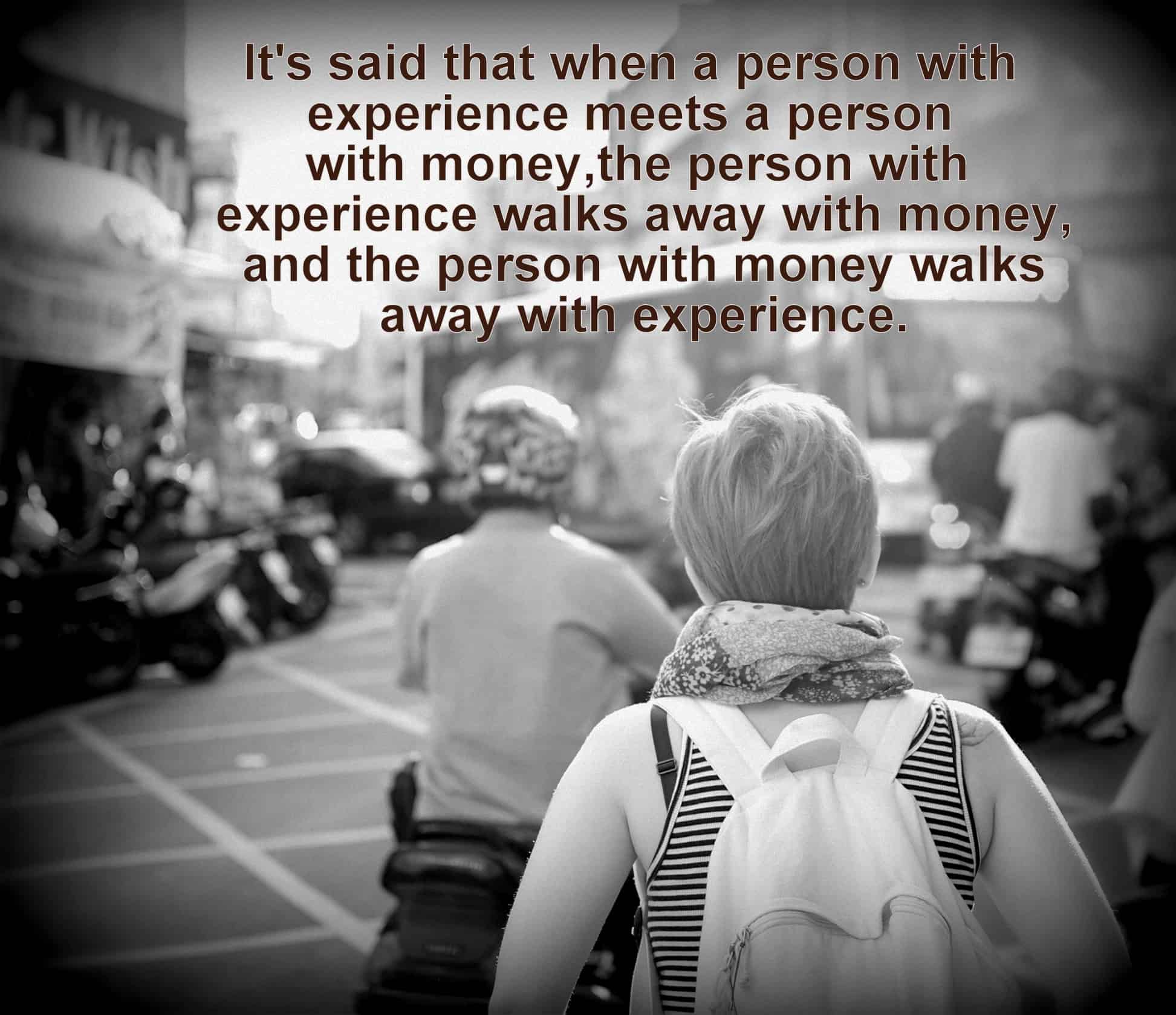
It might not seem like it considering the number of book reviews I do, but sometimes I get in a reading rut. Days will go by when I haven’t read a book and despite my best attempts to try tactics that have worked in the past I can’t seem to start a new book. Then I pick up something like Get Smarter: Life and Business Lessons by Seymour Schulich and suddenly I’m off again.
Get Smarter is like a series of notes from Schulich about how to conduct both your professional and personal lives. If a wise CEO were to use Tumblr, this would be its print form. The book is full of great anecdotes, quotes from others, and real business lessons. It also includes suggestions to improve your health and relationships, but this portion of the book did not resonate with me as much.
 This book reminded me that no one gets everything right. I no longer need to look with guilt at the domains I no longer update, or the great business ideas that didn’t work out. Or at the sushi mat in my kitchen cupboard representing failed attempts at making sushi at home. Many of these lessons are ones I’ve only learned after making mistakes. This is where Schulich’s book shines; we get to pickpocket Schulich’s life to find the hundred dollar ideas. In reading, we get the benefit of life lessons without the lesson costs.
This book reminded me that no one gets everything right. I no longer need to look with guilt at the domains I no longer update, or the great business ideas that didn’t work out. Or at the sushi mat in my kitchen cupboard representing failed attempts at making sushi at home. Many of these lessons are ones I’ve only learned after making mistakes. This is where Schulich’s book shines; we get to pickpocket Schulich’s life to find the hundred dollar ideas. In reading, we get the benefit of life lessons without the lesson costs.
Three of my favorite:
“Know your edge.” Schulich used to ask people, “How do you defeat chess prodigy Bobby Fisher?” When people stared blankly back at him, he answered, “play him in anything but chess.” Knowing what you are good at or what you can be good at will give you an advantage.
This was the case with Samuel Zemurray, America’s ‘Banana King’ who used to say, “they’re there, we’re here.” Zemurray knew that his edge was being physically located on the banana plantations, on the transport ships, and at the wharfs while they were unloaded. This let him see what was going on, rather than managing the company – as his contemporaries did – from Boston.
“Be the promoter, not the promotee.”
Schulich writes, “every profession is a conspiracy against lay people.” Conspiracy seems like a harsh word, but it serves to make his point – that professionals know a lot more about their business than anyone else. This means that those who aren’t, need to find a way to catch up to speed.
Radio host Dave Ramsey suggests people find a financial advisor “with the heart of a teacher” as a means to not be taken advantage of. Ramit Sethi suggests that people become real estate experts before they buy their first home. When they ask “Really?” Ramit says, “yeah, for the biggest purchase of your life I think you should.” If you read other blogs like this one you need to ask, what does the person writing know that I don’t and does that matter?
On Partnerships.
“The key to successful partnerships is mutual veto power. If you cannot agree on a major proposition, don’t do it.” This seems like a handy rule to have in any relationship. Schulich writes about a number of partnerships in the book and always notes that they bring different ideas to the table. Sometimes he doesn’t think these different ideas are correct, but just the act of reasoning to himself why they aren’t is valuable.
In some ways, this is what Samuel Zemurray did, who never took on a partner. Early in his life, when he was sleeping on freight trains with his bananas, a partnership likely wouldn’t have worked. Later in life though, a partnership would have helped him see that staging governmental coups and packing bananas in boxes to prevent bruising could have extended the life of his company.
Get Smarter is a good book, but not a great one. You likely won’t walk away inspired or have a completely new way of solving a problem, but you don’t have to. If you take a few things away from this book that makes you a better person, this is a productive use of your time. If you’ve read it, let me know. If you have any other suggestions for books, let’s chat about that too.

